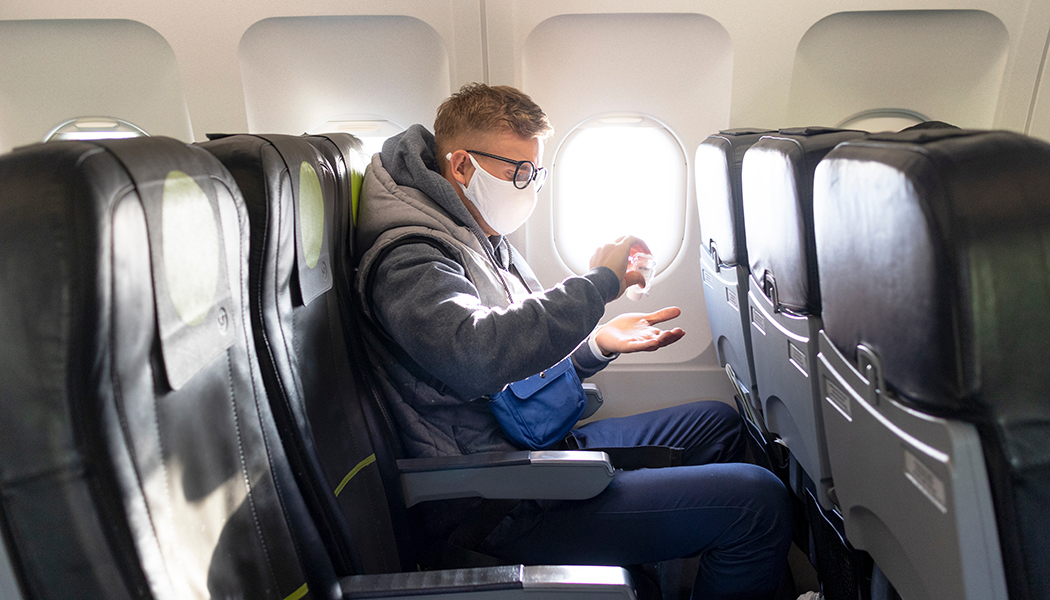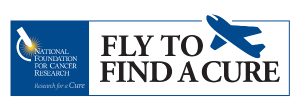7 Safety Tips for Flying During COVID-19 Summer

Follow these safety tips when flying while COVID-19 still circulates.
The phased reopening in many states provides an opportunity to release the frustrations built up after staying-at-home for months. As summer begins, people are planning to take vacations, and many of them are considering traveling by air to get to their destinations.
However, the daily number of confirmed COVID-19 cases nationwide is still high, which understandably makes people worry about traveling, particularly by air.
According to the Centers for Disease Control and Prevention (CDC), travel increases your risk of contracting and spreading COVID-19. Traveling by air will add additional risk to your journey as the airplane is a closed space that often does not allow passengers to sit the recommended 6 feet apart per social distancing guidelines.
Below are some helpful tips to aid you in making your air travel plans during this COVID-19 summer. We hope these advices reduce some of your fears and anxieties related to air travel at this time and help you to make the safest decisions for you and your family, while you take to the skies.
- If you are a cancer patient or have other immunocompromising diseases, still avoid air travel or postpone your date of flight. A compromised immune system can significantly increase your risk of contracting COVID-19 or developing severe symptoms once infected.
- Wear a facemask at all times. Not all airports or airlines require face coverings, so you may encounter individuals who are uncovered. Therefore, it’s in your best interest to wear your own mask throughout your entire time in the airport and in-flight. Also, don’t forget to bring multiple masks with you in the event that one is lost or damaged.
- Protect your eyes with safety goggles, glasses or sunglasses. This is an important protection measure for airplane passengers who will be in a small and closed cabin packed with people sitting close to each other for hours.
- Have disinfectant wipes handy and easily accessible upon entering the airplane. Some airlines have started to implement deep cleaning practices on the seat, seatbelt, tray table and seatback pocket. United Airlines even partnered with Clorox and the Cleveland Clinic to get their professional advises on proper airplane disinfection practices. However, as an extra precaution you should still wipe down your own area, particularly your tray table.
- Choose a comfortable pair of long pants and long sleeve shirts as your in-flight clothing for extra protection. As soon as you arrive at your destination, immediately remove and wash the clothes prior to next use.
- Wash your hands frequently, especially after touching the surface of other places on the airplane (such as the bathroom and seat tops while standing up) and before eating or drinking.
- If experiencing a full flight and you are able to, consider upgrading your ticket to business or first class using your mileage points or cash. These areas of the airplane typically allow for more personal space and therefore less risk. Some airlines, such as United, are not booking middle seats and are notifying passengers when a flight is beyond 70% of capacity. If the passenger doesn’t feel comfortable boarding, they may allow for a flight change.
As restrictions loosen in many parts of the world, people are looking forward to resuming their business or vacation travel. But, it’s important to remember that COVID-19 is still a serious threat, particularly for cancer patients and survivors. As you make your travel plans, please stay informed by visiting our COVID-19 Resource Center and sign up to receive weekly updates here.

- Your gift supports cutting-edge cancer research AND travel industry workers.
- It’s a great way to keep your frequent flyer account active.
- Your miles can be gifted to family members and/or friends, at no cost.
- Thanks to the new COVID-19 Stimulus Act, your gift is now tax-deductible up to $300.
To learn more about NFCR’s Fly to Find a Cure program, click here.
Reference:
- As travel reopens, here’s what it’s like flying in the US right now? The Points Guy, June 10, 2020; https://thepointsguy.com/news/flying-during-coronavirus-pandemic/
- Traveling for cancer treatment during COVID-19: 5 patient questions, answered. MD Anderson Cancer Center, March 12, 2020; https://www.mdanderson.org/cancerwise/is-it-safe-to-travel-for-cancer-treatment-during-covid-19–5-patient-questions-answered.h00-159380367.html
- How to Properly Disinfect Your Airplane Seat. SmarterTravel, Jan. 31, 2020; https://www.smartertravel.com/disinfect-airplane-seat/
- Getting on a Plane? Please Take the Food Out of Your Bag. New York Times, May 21, 2020;











